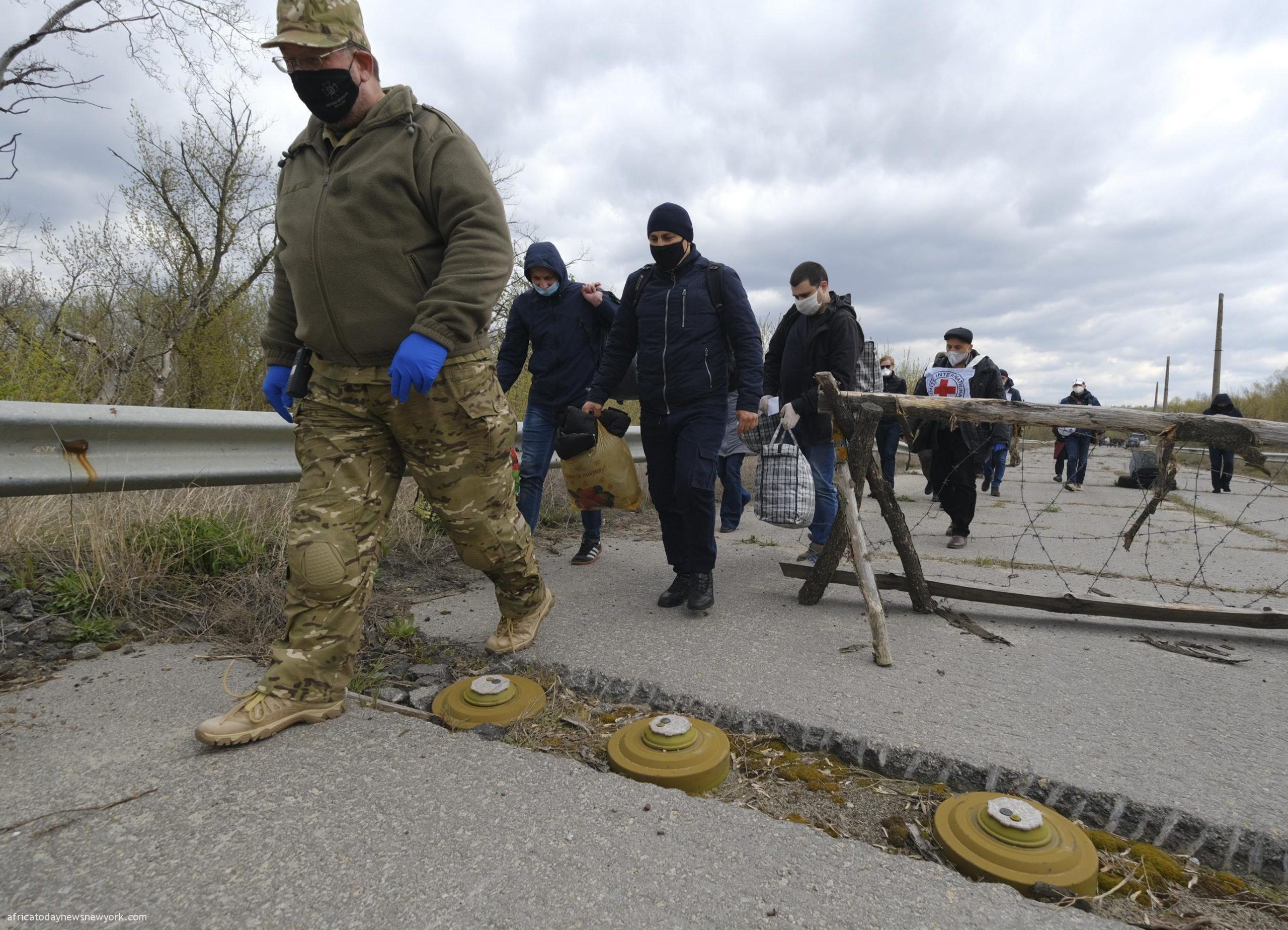Russia on Wednesday revealed that it was investigating the torture of Russian soldiers held prisoner in Ukraine and recently released as part of a prisoner swap with Kyiv which happened in late June.
The Russian Investigative Committee, which probes major crimes, said in a statement that it was ‘verifying facts of inhuman treatment of Russia soldier prisoners in Ukraine’.
Africa Today News, New York recalls that just a few weeks ago Moscow and Kyiv exchanged 144 prisoners of war each — the biggest exchange since the start of Moscow’s Ukraine campaign launched on February 24.
Read Also: Ukraine War: 17 Killed As Missiles Strikes Hit Odesa
The Russian committee said Moscow’s soldiers told investigators about ‘the violence they had suffered’.
According to its statement, one of the soldiers said Ukrainian medics treated him without anaesthetic and that he was ‘beaten, tortured with electricity’ in captivity.
The soldier allegedly said he was left without food and water for days.
Another injured Russian soldier, who had his left amputated, said he was badly beaten and had his wound irritated by Ukrainian medics, the statement said.
The testimonies of the freed Russian soldiers are examples of ‘violations of the Geneva Convention on prisoners of war’, the Russian committee said.
This report is coming about a few days after no fewer than 30 people were inflicted with various degrees of injuries when two Russian missiles hit a nine-story apartment building and a resort very close to the Black Sea port city early Friday morning, less than 24 hours after Ukraine retook Snake Island.
According to a statement from Kyiv, ‘a Russian missile struck a multi-story apartment building near the Black Sea port of Odesa early on Friday, killing at least 14 people and injuring 30’.
Ukraine further claimed that another missile hit two buildings of a recreational centre in the region killing no fewer than three people and injuring another who is presently receiving treatment.

